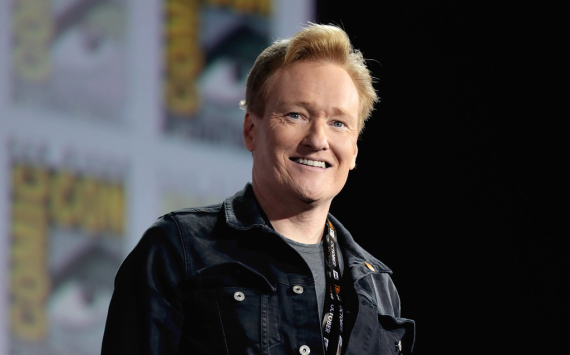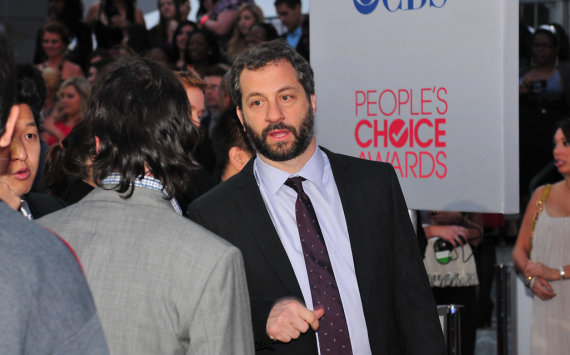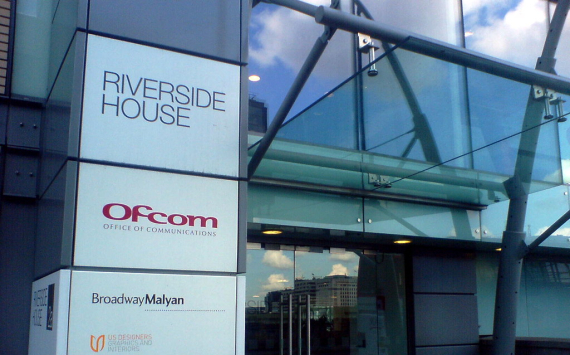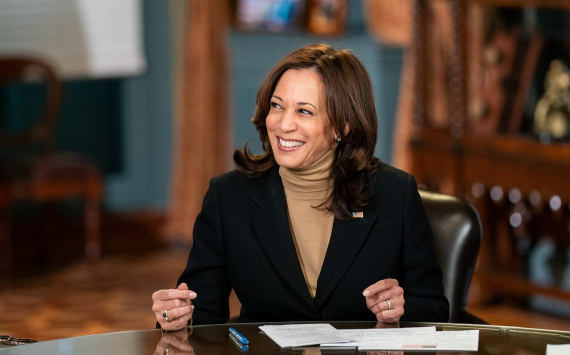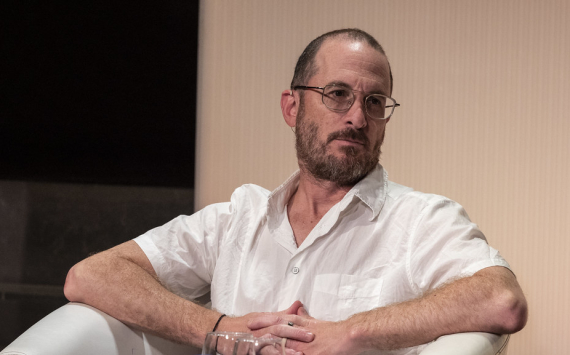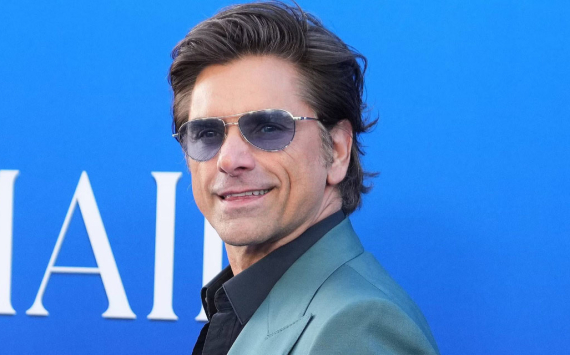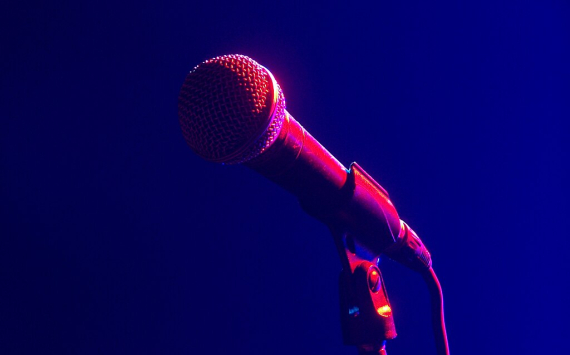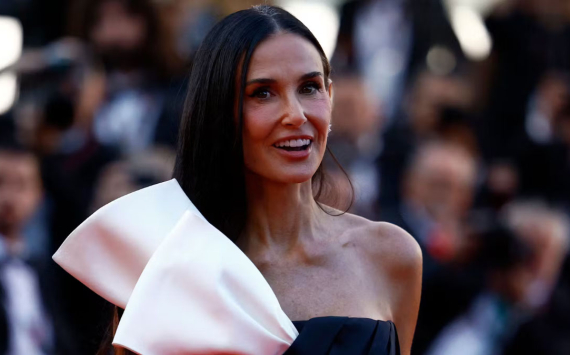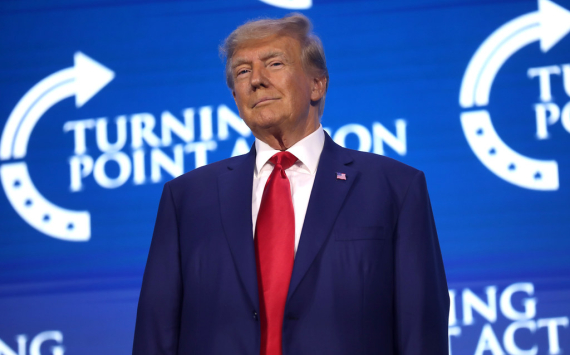
Trump’s Legal Escapades
The U.S. judicial system promises equal justice, yet Donald Trump's legal battles underscore how wealth can shape outcomes. While most defendants plead guilty, Trump's extensive fundraising has enabled him to contest charges all the way to the Supreme Court.
Donald Trump faces 88 felony charges across four cases, including 34 in NY for falsifying business records. Although his financial resources led to the dismissal of 40 classified documents charges in Florida, these charges might be reinstated.
The Supreme Court's upcoming review may have significant implications for former President Donald Trump's federal and state election interference charges. Trump’s strategic legal tactics have succeeded in postponing his trials, potentially extending them beyond the November election. This situation underscores the stark contrast in legal proceedings between affluent and less wealthy defendants.
Barbara McQuade, a former U.S. attorney, observed that Trump's vast resources illuminate financial disparities in the justice system. Wealthy defendants can mount more robust defenses compared to those relying on public defenders.
Trump's legal expenses emphasize this disparity. His Save America political action committee has spent over $70 million on legal consulting since January 2021, funding multiple high-profile defense lawyers.
Fred Wertheimer, president of Democracy 21, criticized Donald for not using his own funds for his defense, suggesting that donor contributions to his legal fees could be seen as a way to gain influence.
Legal experts say Donald Trump's considerable financial resources enable him to use numerous legal strategies, even those with low chances of success, to stall proceedings and bolster his claim of political persecution. New York attorney Mark Zauderer explained, “Trump’s wealth lets him employ aggressive tactics and make bold claims in court that most would avoid for fear of offending the judge.”
In conclusion, Trump's legal battles underscore the significant impact of financial resources on justice, demonstrating a stark contrast between wealthy defendants and the majority who must navigate the system with far fewer resources.






